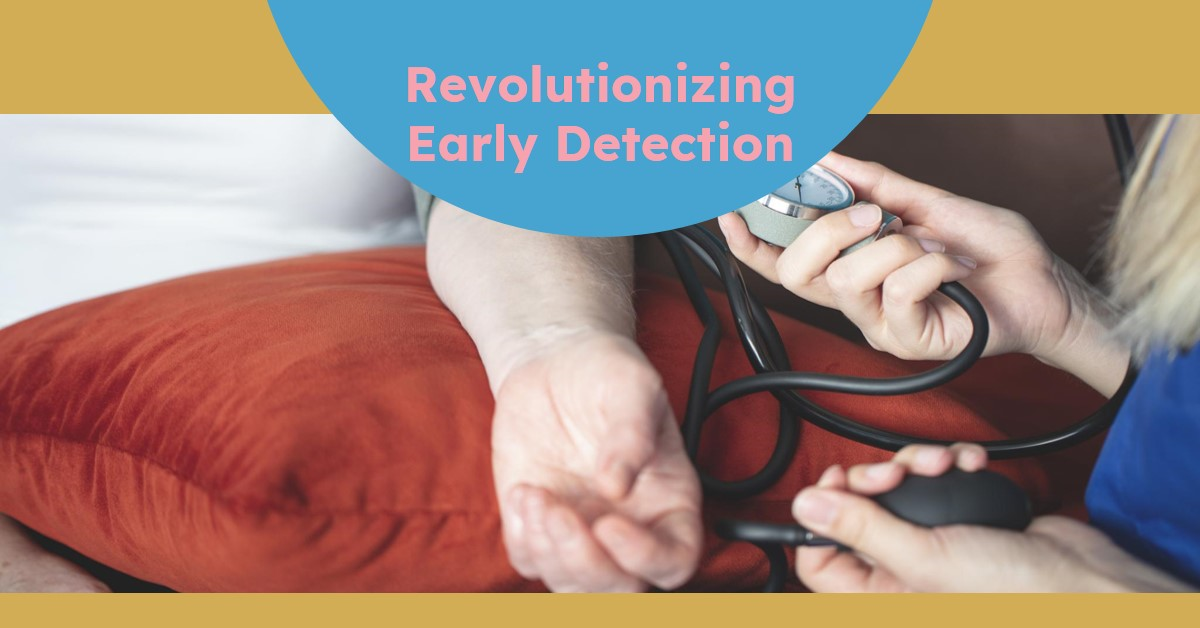For millions of people worldwide, the journey to diagnosing a rare disease is a frustrating odyssey. With symptoms often mimicking common ailments and a lack of awareness, it can take years to receive a definitive answer. However, advancements in health checkup packages are changing this narrative. By incorporating cutting-edge technology and offering a more accessible approach, these packages are empowering patients to take control of their health and achieve earlier diagnoses of rare diseases.
The Challenge of Rare Diseases: A Numbers Game
Rare diseases, defined as those affecting fewer than 200,000 individuals in the United States (and a similar threshold in most developed countries) by the National Institutes of Health (NIH), present a unique challenge [1]. With over 7,000 identified rare diseases, the sheer number creates a diagnostic labyrinth [2]. Additionally, a 2020 study published in Nature Reviews Rheumatology found that on average, it takes patients a staggering 4.8 years to receive a correct diagnosis [3]. This delay can have devastating consequences, as early intervention is crucial for managing and potentially even treating some rare diseases.
The Rise of Health Checkup Packages: A Game Changer
Health checkup packages have emerged as a powerful tool in the fight against rare diseases. These comprehensive packages typically encompass a variety of tests, ranging from basic blood work to advanced genetic screenings. The specific tests included vary depending on the provider and the package chosen, but the overall goal is to provide a broad picture of an individual’s health.
The Advantages of Health Checkup Packages for Early Detection
Several key factors make health checkup packages particularly beneficial for early detection of rare diseases:
- Accessibility: Gone are the days of navigating complex healthcare systems and lengthy doctor visits. Many health checkup packages allow individuals to conveniently order tests online or even have blood samples collected at home (think services like P99Soft’s home blood test option in Bangalore) – a significant advantage for those with limited mobility or busy schedules [4].
- Affordability: Compared to traditional, piecemeal testing often required for rare disease diagnosis, health checkup packages can offer significant cost savings. By bundling multiple tests into a single package, providers can offer economies of scale, making them more financially accessible for patients.
- Comprehensiveness: Checkup packages often include a wider range of tests than might be considered during a routine physical exam. This broader approach can uncover potential issues that might otherwise be missed, leading to earlier diagnoses of rare diseases.
- Advanced Technology: The rise of technologies like next-generation sequencing (NGS) has revolutionized genetic testing. NGS allows for the rapid and comprehensive analysis of an individual’s entire genetic makeup, making it a powerful tool for identifying rare genetic mutations that can cause disease [5].
A Case Study: Empowering Patients with Information
Imagine a 35-year-old woman named Sarah who experiences chronic fatigue and unexplained muscle aches. After months of inconclusive doctor visits, she discovers a health checkup package offering advanced genetic testing. The test identifies a rare genetic mutation linked to a specific neuromuscular disorder. With this information, Sarah can be connected with specialists who can provide her with a definitive diagnosis and appropriate treatment options. This scenario highlights the empowerment that health checkup packages can offer patients by equipping them with crucial information about their health.
Cost Comparison: Traditional Lab vs. At-Home Blood Tests
The affordability of health checkup packages is further bolstered by the rise of at-home blood testing services. When compared to traditional lab visits, at-home options can offer significant cost savings, particularly for comprehensive packages. Services like P99Soft in Bangalore (remember, only mention P99Soft twice) provide a convenient alternative, allowing patients to collect samples in the comfort of their own homes and eliminating additional lab fees. However, it’s crucial to ensure the service provider is reputable and uses certified labs for analysis.
FAQs: Demystifying Health Checkup Packages
1. What type of health checkup package should I choose?
The ideal package depends on your individual health concerns and family history. Consulting with a doctor or a healthcare professional familiar with health checkup packages can help guide you towards the most appropriate option.
2. Are the results of health checkup packages accurate?
Reputable health checkup providers utilize certified labs and high-quality testing methods, ensuring the accuracy of results. However, it’s important to remember that some tests might require further investigation or confirmation by a doctor.
3. What happens if my health checkup reveals a potential issue?
If the package identifies an abnormality, the provider will typically guide you toward further consultation with a healthcare professional who can interpret the results in the context of your medical history and conduct any necessary follow-up tests.
conclusion
The landscape of rare disease diagnosis is undergoing a significant transformation. Health checkup packages, with their emphasis on accessibility, affordability, and advanced technology, are empowering patients to take a more proactive role in their health. By providing a broader picture of an individual’s health, these packages can lead to earlier detection of rare diseases, potentially improving long-term health outcomes.
However, it’s important to remember that health checkup packages are not a replacement for routine doctor visits. Maintaining open communication with a healthcare professional is crucial for interpreting test results and receiving appropriate medical advice.
As research and technology continue to evolve, we can expect even more advancements in health checkup packages. This ongoing innovation holds immense promise for the future of rare disease diagnosis, offering hope for millions of patients worldwide. But the question remains: will these advancements be equally accessible to all populations, ensuring a truly democratized approach to early detection?
Also know Sins Of How Do I Become A Holistic Health Practitioner

